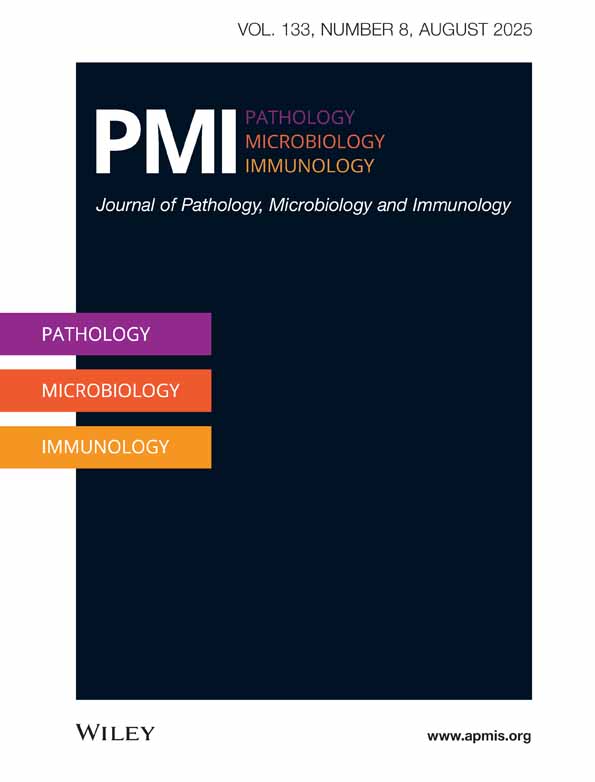Mutational analysis of Noxa gene in human cancers
Abstract
There has been mounting evidence that dysregulation of apoptosis is involved in the mechanisms of cancer development and somatic mutations of apoptosis-related genes have been reported in human cancers. Noxa, a Bcl-2 homology 3 (BH3)-only member of the Bcl-2 family, is known to interact with anti-apoptotic Bcl-2 family members and induces apoptosis. The aim of this study was to explore the possibility that the Noxa gene is mutated in human cancers. We have analyzed the entire coding region and all splice sites of the Noxa gene for the detection of somatic mutations in a series of human cancers, including carcinomas from stomach, colon, liver, urinary bladder and lung by polymerase chain reaction (PCR), single strand conformation polymorphism (SSCP), and DNA sequencing. We found one somatic mutation of the Noxa gene in a transitional cell carcinoma (TCC) of the urinary bladder. To evaluate the functional alterations of the mutant in apoptosis, we overexpressed the mutant and wild-type Noxa in 293T and HeLa cells, but could not find any significant difference in cell death between the wild-type and mutant Noxa. These data suggest that Noxa is rarely mutated in human carcinomas and that the contribution of Noxa gene mutation in the pathogenesis of human cancer might not be related to cell death mechanisms.




